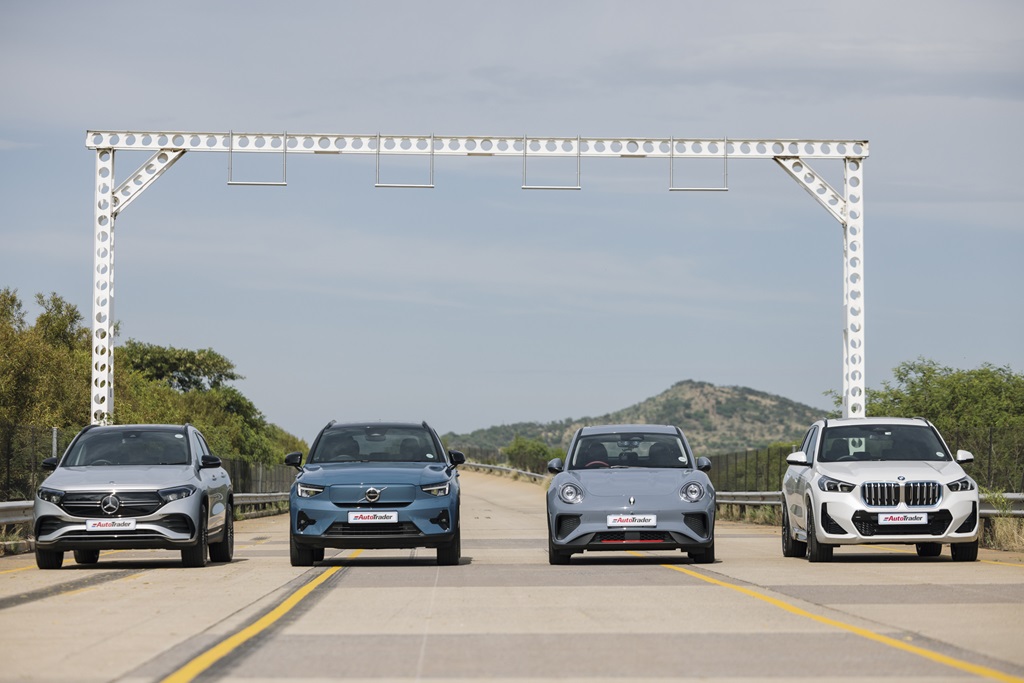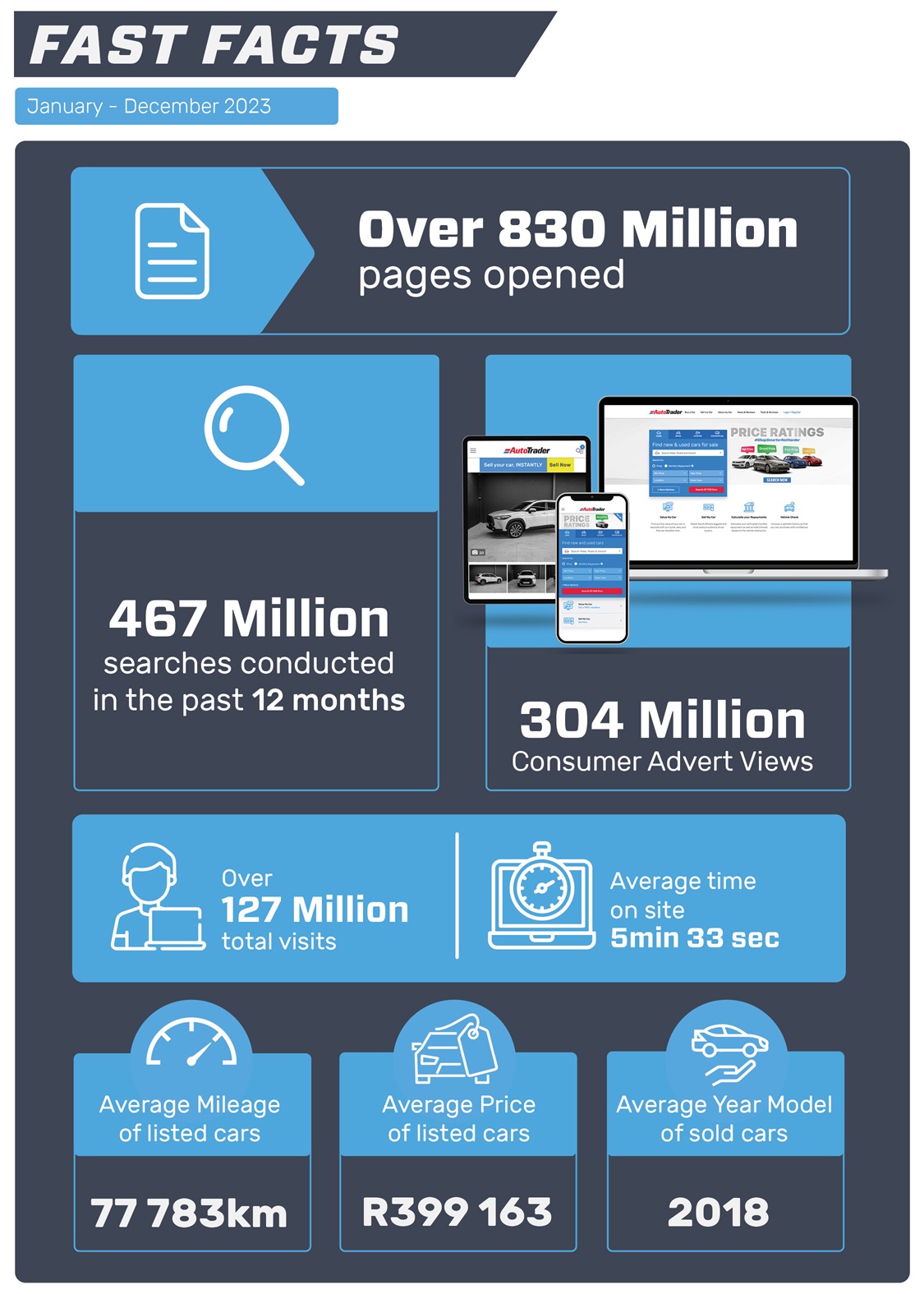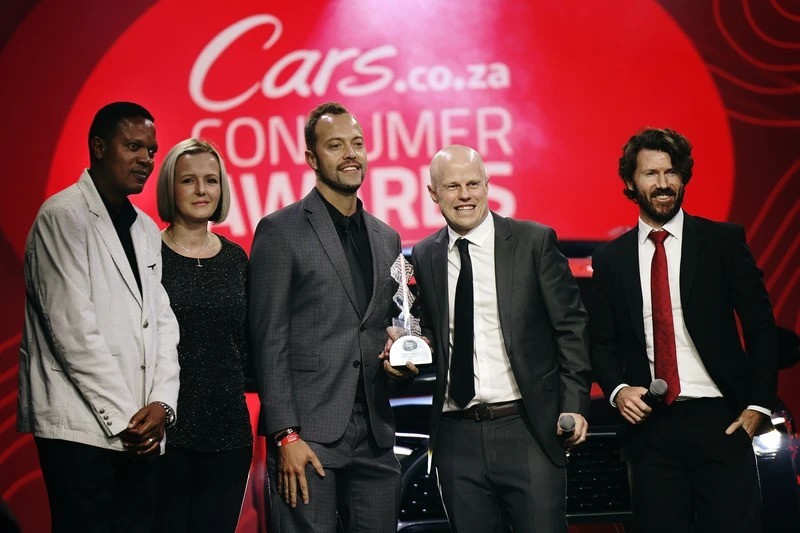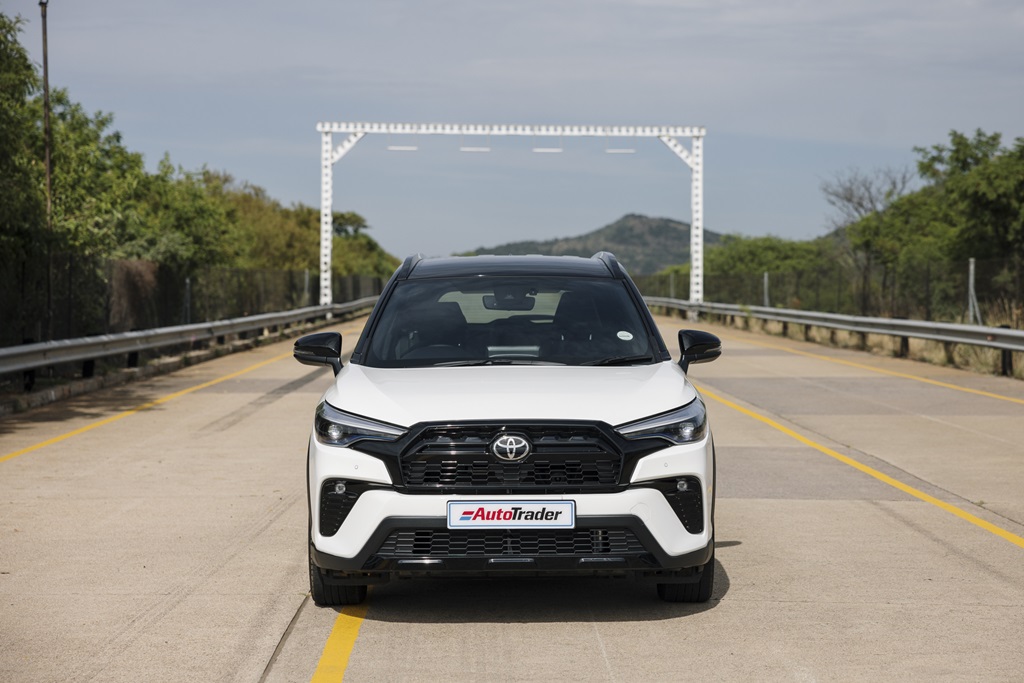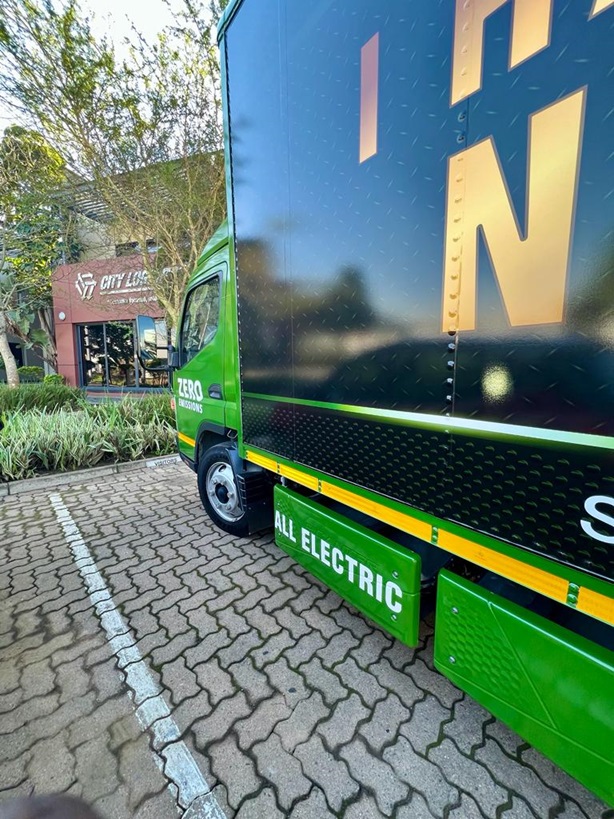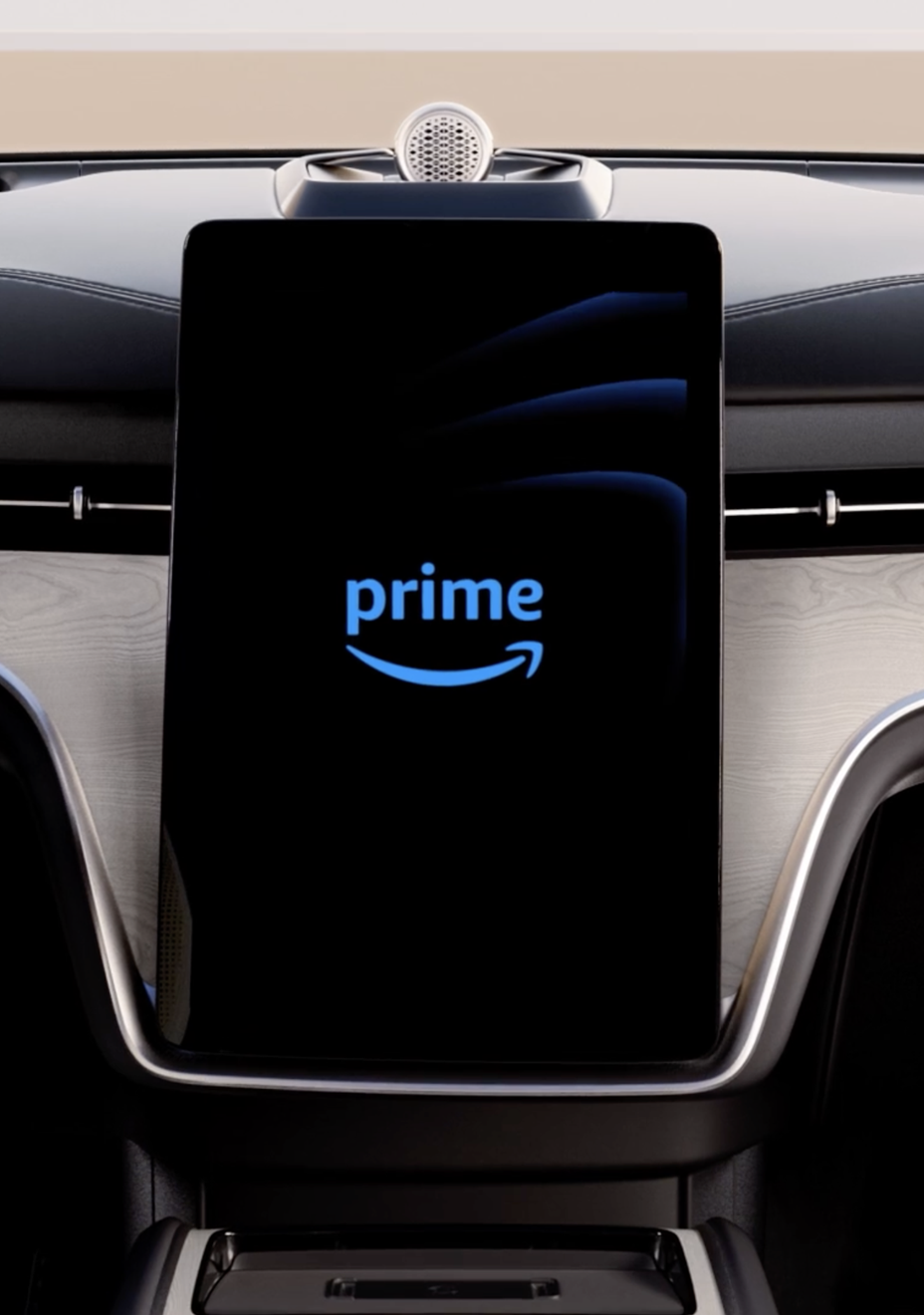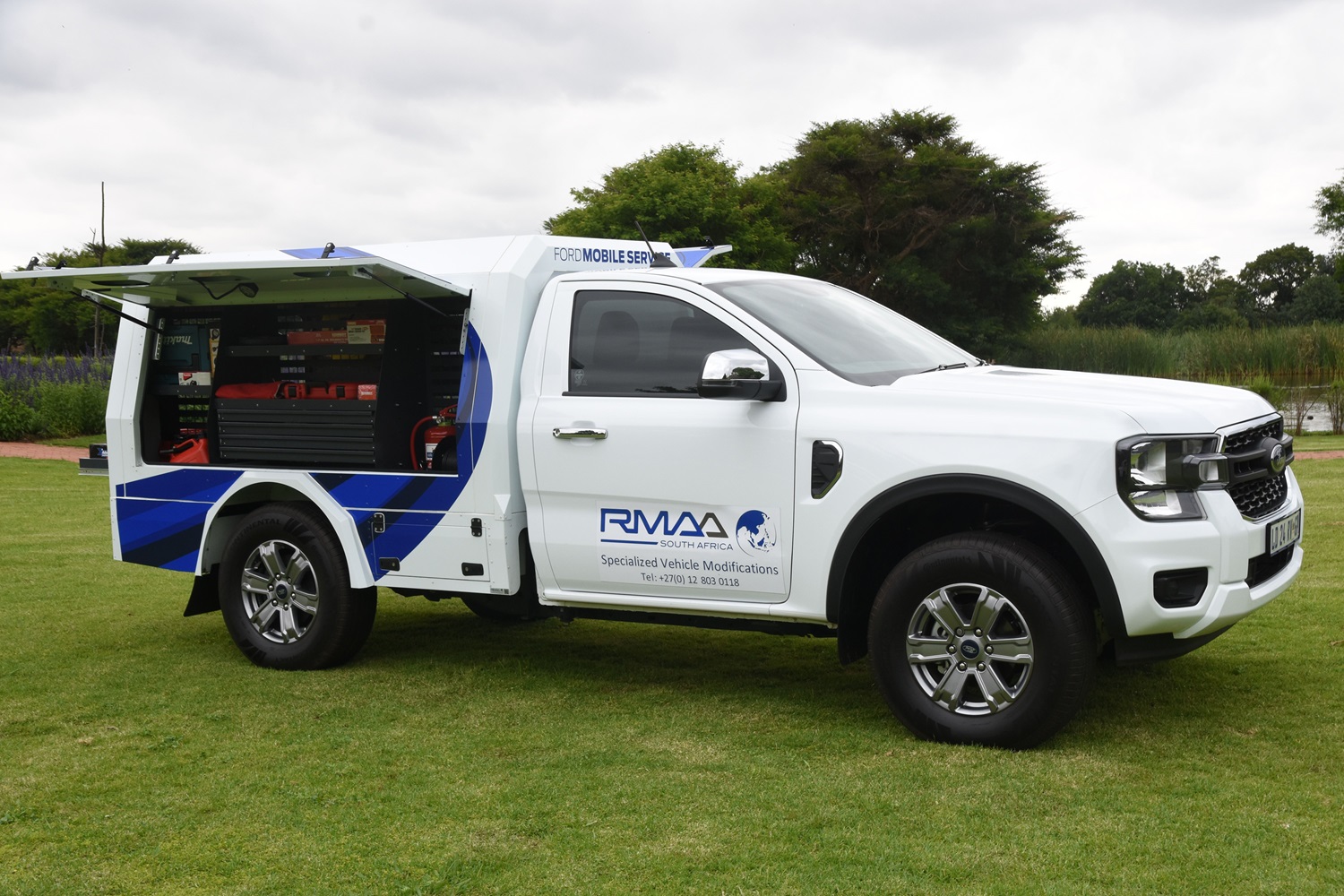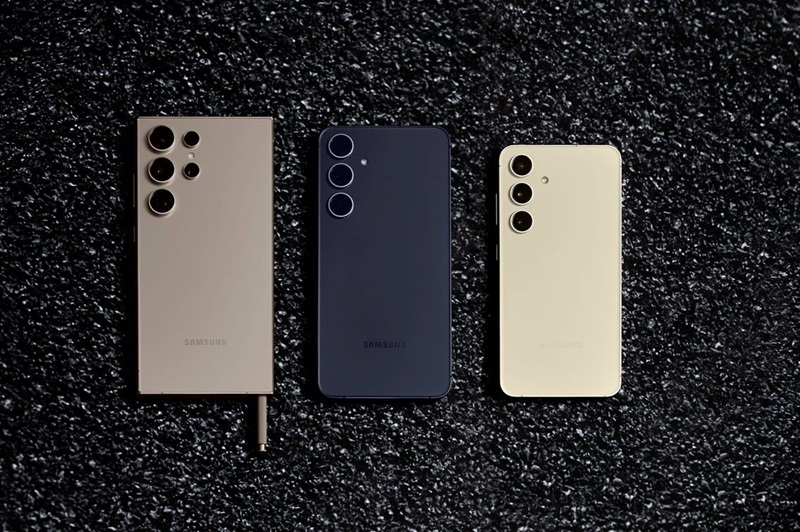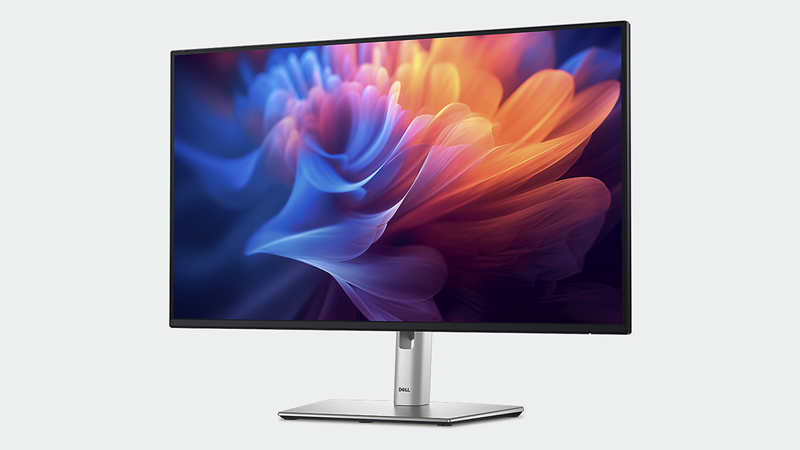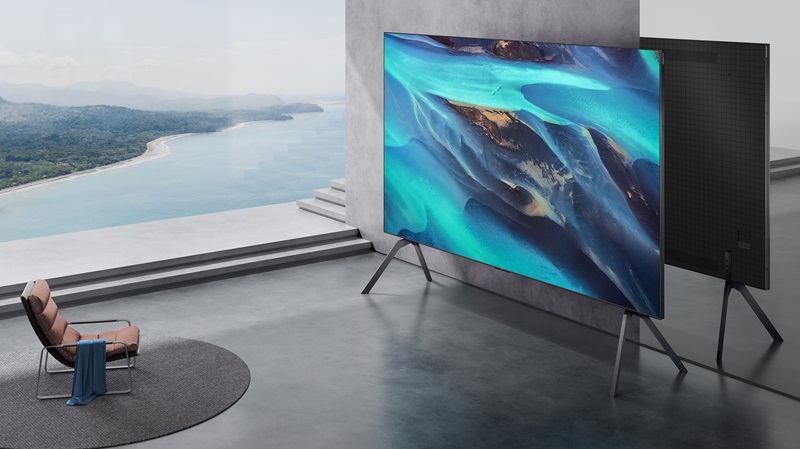When driven at a constant speed of 120km/h from 90% battery to 10%, EVs post ranges of between 199.9km and 254.7km.
Each year, sales of fully electric vehicles (EVs) are more than doubling, with the used car market seeing a 133% increase in EV sales in 2023 when compared to 2022 sales¹. However, South African consumers are still anxious about range, expressing specific concerns about the distance that EVs can travel on a single charge on the open road.
Now in its third year, AutoTrader’s annual #ElectricCarChallenge is designed to address these concerns and set a national benchmark for electric mobility in South Africa.
The intention of the #ElectricCarChallenge is to establish the distance that EVs can achieve on a single charge while travelling non-stop at 120km/h on a typically hot South African day with the aircon set at 21°C.
Results of the 2023 Annual SA #ElectricCarChallenge Battery Test, powered by AutoTrader, revealed that when driven non-stop from 90% battery charge down to 10%, the EVs tested typically have a range of between 199.9km and 254.7km.
“The tests are based on South African conditions rather than the cooler European testing scenarios. In addition to setting a benchmark for EV variants, the aim is to produce a historical reference point upon which to look back and evaluate battery performance advancements year-on-year, as battery technology continues to evolve at pace,” explains AutoTrader CEO, George Mienie.
In previous years, cars were driven to 0% of battery charge (2021) or from 100% to 10% (2022).
In 2023, EV batteries were tested from 90% down to 10% in order to simulate real world conditions. “In order to maintain good battery life, EVs should not be driven to lower than 10%,” cautions Mienie.
The battery challenge took place around the Gerotek High-Speed Oval Track in Pretoria on a hot day (32°C) in November 2023.
Four 2023 registered EVs, all priced R2.5m or less, faced the #ElectricCarChallenge. Three compact SUVs – the Mercedes-Benz EQA 250 Progressive, BMW iX1 xDrive30 xLine, Volvo XC40 Recharge Single Motor – and one hatchback, the GWM Ora 400 GT Ultra Luxury, were put to the test.
The Merc EQA 250 posted a distance of 254.7km at an average speed of 117.35km/h in a time of 2 hours 8 minutes and 53 seconds.
Averaging 117.5km/h, the BMW iX1 covered 238.7km in 2hrs 2mins and 19secs.
Covering a distance of 214.5km, the Volvo XC40 Recharge posted a time of 1hr 49mins and 33secs while travelling at an average speed of 116.25km/h.
The only hatchback in the line-up, the GWM Ora 400 GT achieved 199.9km at an average speed of 105.25km/h. The retro-styled hatch covered the distance in 1hr 34mins and 49secs.
In addition to the EVs, South Africa’s best-selling new hybrid car, the Toyota Corolla Cross 1.8 Hybrid XS, was also tested with the objective of recording fuel efficiency. The hybrid faced the same conditions as the EVs.
Emulating the typical South African daily commute of 44km, tests mimicking both highway driving (44km non-stop at national speed limit) and 44km stop-start city style driving, were conducted.
The Corolla Cross produced a consumption of 6.7-litres/100km for highway driving. That equates to a range of 537km from the hybrid’s 36-litre tank. Figures were even more favourable for city driving, where the car posted 4.6-litres/100km, or a range of 782km.
Battery technology continues to evolve at pace, with advancements bringing longer ranges. This is likely to reduce range anxiety and accelerate greater EV adoption in South Africa.
Source:
¹AutoTrader Used Car Sales Data: 1 January – 31 December 2023
Article Provided


